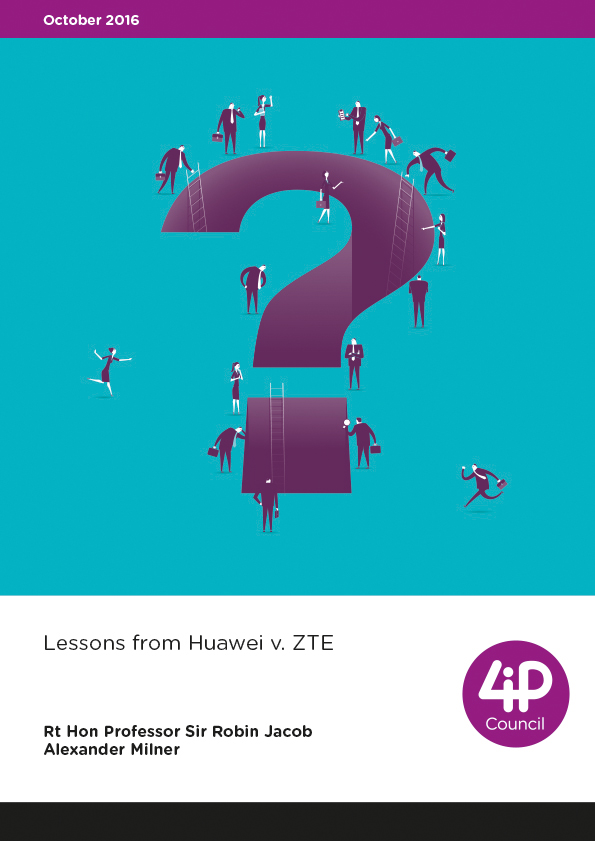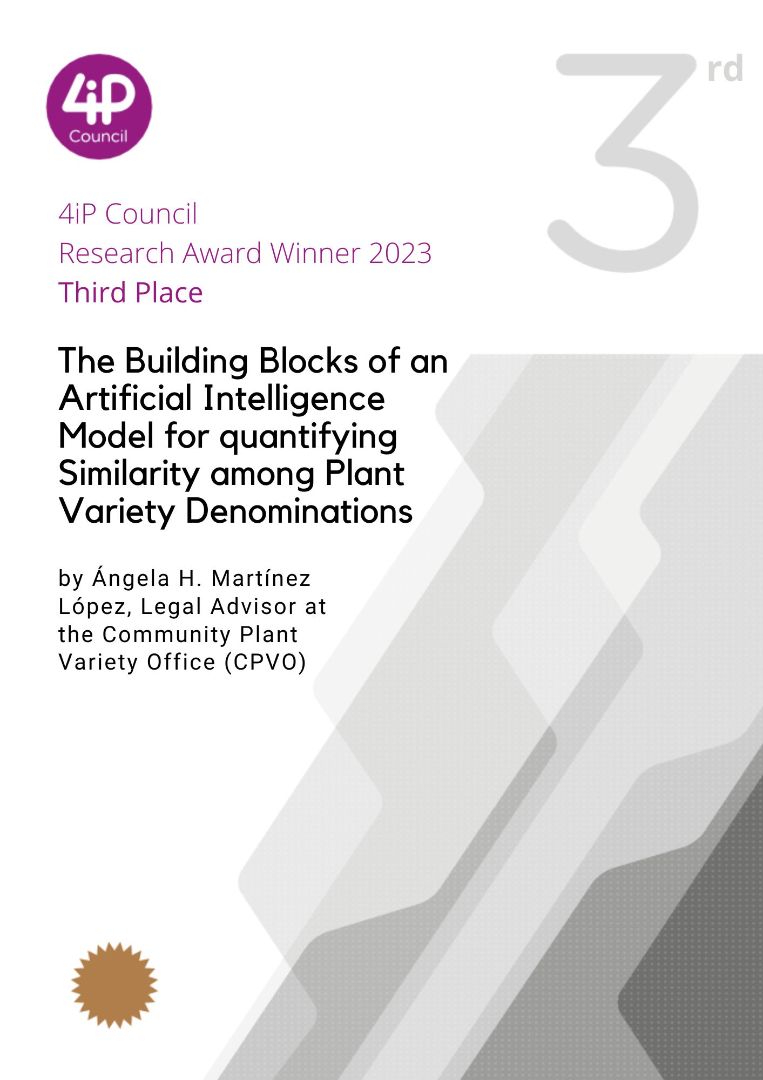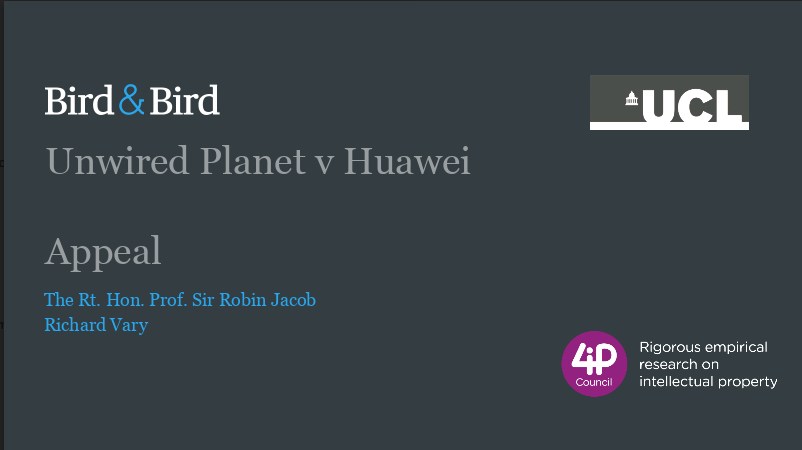Lessons from Huawei v. ZTE
Rt Hon Professor Sir Robin Jacob
Alexander Milner
October 2016
Introduction
The judgment of the European Court of Justice (CJEU) in Huawei v. ZTE has provided
valuable guidance on the circumstances when a holder of a Standard Essential Patent (SEP)
which has given a commitment to license the SEP on FRAND terms is entitled to seek an
injunction against an implementer without acting in breach of competition law. In doing so,
the CJEU has set out a number of important principles relating to patent rights that we
describe further below. However, it also leaves some important questions unresolved. We
explain the significance of the decision and offer some suggestions as to its proper
interpretation and application. We also consider whether it would be desirable for the
European Commission to issue some form of official guidance following the decision,
notably on the steps that patentees and implementers must take, respectively, to obtain or
avoid an injunction in the context of a FRAND dispute.
The paper first summarises the Huawei judgment and what Huawei decides in practice
relating to the availability of injunctive relief for SEPs. We then review the principal national
case law since the Huawei decision. Finally we look at some matters left unresolved by
Huawei and consider whether further action by the Commission is necessary, including in the
context of the pending review of the IPR Enforcement Directive (“IPRED”).
Our conclusions in summary are as follows:
• The CJEU was asked in Huawei to resolve a controversial question, namely whether a
user of a FRAND-committed SEP should be able to avoid an injunction merely by
expressing its “willingness” to negotiate a FRAND licence, or whether an injunction
could be granted unless the user made a binding offer to the SEP holder on terms that
the SEP holder could not refuse. Some national courts, particularly in Germany,
followed the second approach. By contrast in 2014 the EU Commission issued two
decisions in which it took the position that seeking and enforcing6 an injunction to
restrain the use of an invention the subject of a FRAND committed patent where the
user had simply expressed a willingness to enter into a FRAND licence amounted to
the abuse of a dominant position and was thus not permissible as a matter of
competition law.







